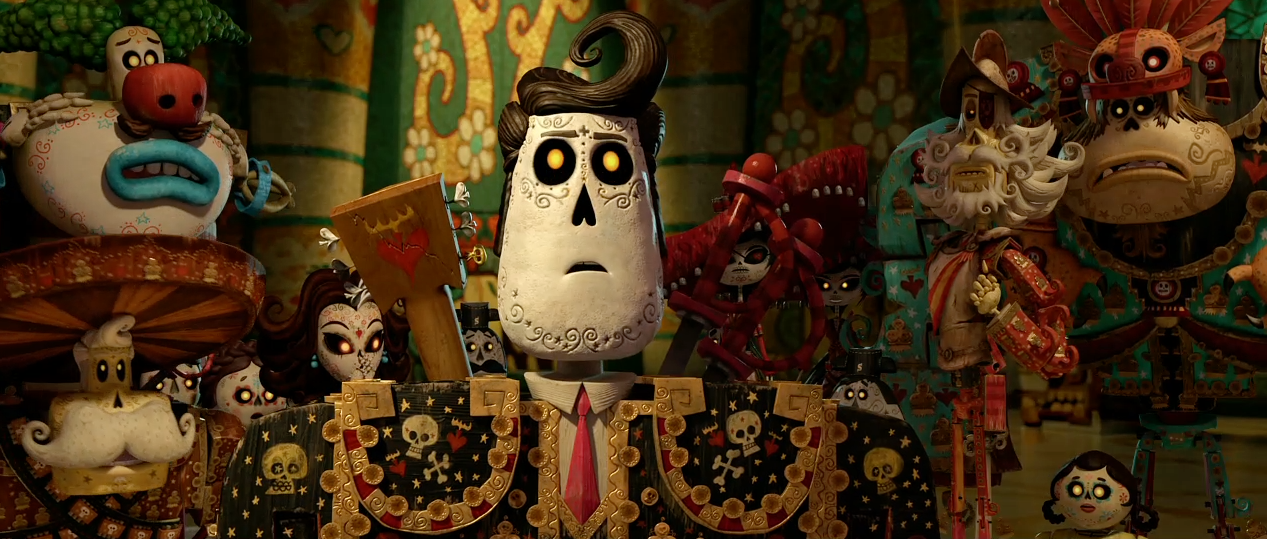I recently saw the Nostalgia Critic's video "Top 11 Disney Princess Conspiracies". While I am a fan of the Critic with much respect for his work, I thought this was idiotic. The video lists off theories that most of the time are people stringing together random information and turning that into a theory. However, there was one in particular that I wanted to debunk.
What is the theory? Hercules and Ariel are related. Hercules is the son of Zeus. Ariel is the daughter of King Triton. In Greek mythology, Poseidon has a son named Triton. So, King Triton is the son of Poseidon thus making Ariel Hercules' niece (although most people erroneously say they would cousins). There are several problems with this theory.
Firstly, this entire theory is based on something from Greek mythology. However, Disney's
Hercules movie isn't accurate to Greek mythology. In fact, the title itself is wrong because Hercules was the Roman version of the character while the Greek version was Heracles. If that isn't convincing enough, here are some other errors: Heracles / Hercules is the son of Hera and not a mortal woman, Hades being a devil figure, the titans are elementals, five muses as opposed to nine and Narcissist being a god among other mistakes. As such, we shouldn't assume something is canon to Disney's
Hercules just because it was in Greek myths.
Secondly, what has been revealed about Ariel's family tree seems to opposed this idea. Although
The Little Mermaid movie doesn't explore Ariel's family tree that much, other media created by Disney does.
The Little Mermaid cartoon mentions Ariel's father was indeed named Poseidon. However, it also mentioned her grandfather is named Neptune, who is shown to a normal merman and not a divine being. Also,
The Little Mermaid III reveals Ariel's mother was Queen Athena, who is clearly not the Athena from
Hercules. As such, it seems that Ariel's family consists of mermen and mermaids some of who happen to be named after Greek deities.
Thirdly, Triton doesn't seem of divine origin. It established in
The Little Mermaid that his powers come his trident and are not innate to him. If he was a god or demigod, why wouldn't he just have these power? Also, Triton resembles the other merfolk than he does the
Hercules version of Poseidon, who is a fish person rather than a merman.
So overall, I don't believe in this theory. The entire thing is based on a coincidence that was clearly not the author's intend. Even if you apply death of the author, this theory still falls flat.


